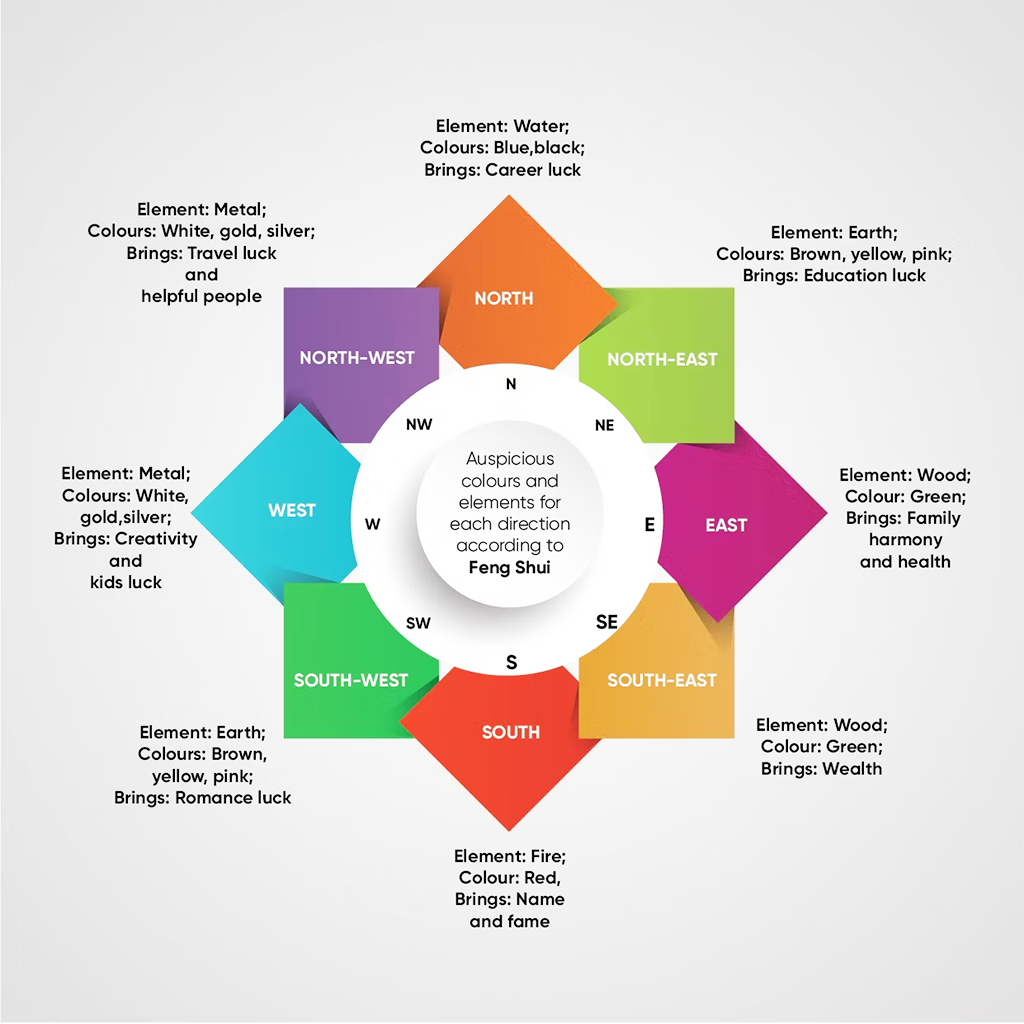

Vastushastra, an ancient Indian architectural and design philosophy, is considered important in real estate for several reasons, rooted in cultural and traditional beliefs. While its scientific basis may be debated, many individuals and communities place significance on Vastushastra for the following reasons:
Harmony with Nature: Vastushastra emphasizes the importance of aligning structures with the natural elements such as the sun, wind, and magnetic fields. It suggests that when buildings are in harmony with nature, they promote a positive and balanced environment.
Positive Energy Flow: Vastushastra suggests specific orientations and placements for rooms and structures to enhance the flow of positive energy (prana) within a space. This is believed to contribute to a more harmonious and positive living or working environment.
Occupant’s Well-being: Followers of Vastu believe that the correct alignment of spaces can positively impact the physical and mental well-being of the occupants. It suggests guidelines for room placements, such as the location of bedrooms, kitchen, and study areas, to promote health and productivity.
Financial Prosperity: Vastushastra associates certain directions with wealth and financial prosperity. Adherents believe that aligning the entrance or main business area of a property in these directions can attract positive energy and contribute to financial success.
Enhanced Relationships: The philosophy of Vastushastra also extends to interpersonal relationships. It recommends the arrangement of spaces to foster positive communication and relationships among family members or colleagues, contributing to a harmonious living or working environment.
Cultural and Traditional Significance: For many individuals, Vastushastra holds cultural and traditional significance. It is deeply ingrained in certain societies and is followed as a matter of tradition and belief passed down through generations.
While the scientific validity of Vastushastra is debated, its influence in real estate is undeniable, especially in regions where it is deeply ingrained in the cultural and societal fabric. Some people find comfort and a sense of security in aligning their living or working spaces with these ancient principles.


